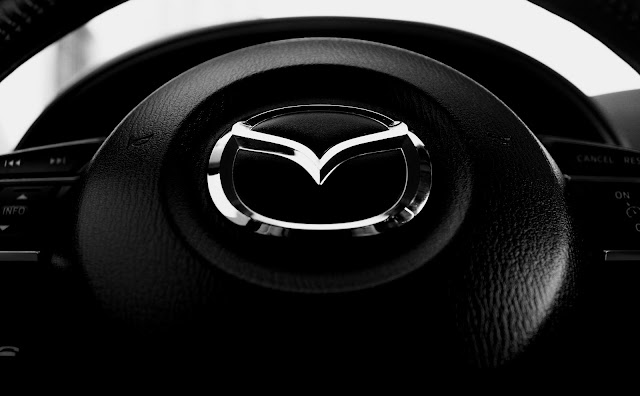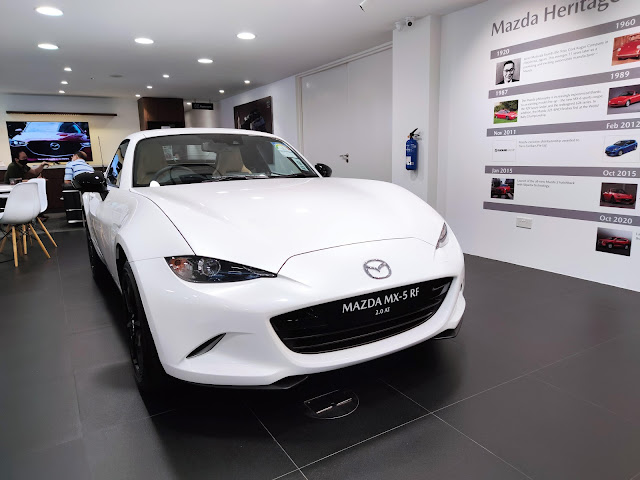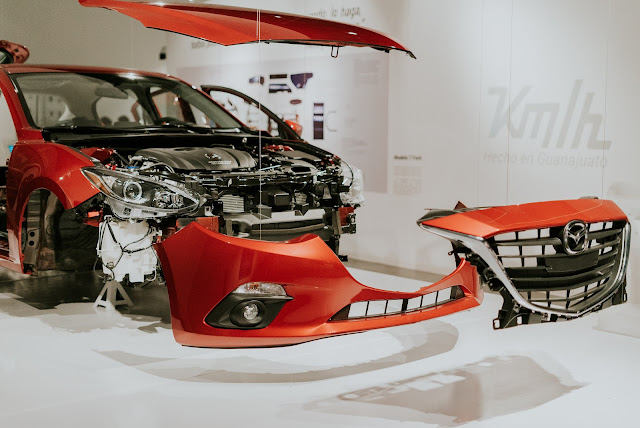Mr. Moro also revealed that Mazda intends to increase
the production of EV-only models starting in 2028. In collaboration with Toyota
Motor, its capital alliance partner, the company aims to expedite the
development of high-quality electric control equipment. Moro expressed
confidence in the rapid pace of EV adoption in China, the world's largest
automobile market. He stated that Mazda plans to introduce a series of EV
models in China through a joint venture, starting in 2025.
In the United States, Mazda recently began
manufacturing the gasoline-powered CX-50 SUV at its Alabama factory and plans
to launch a hybrid version in the near future. Taking advantage of the
Inflation Reduction Act signed into law by President Biden, which provides tax
breaks for purchasing EVs assembled in North America, Mazda is considering
producing EVs and procuring batteries in the region.
Mr. Moro took over as CEO in June, succeeding Akira
Marumoto, who held the position for the past five years. His promotion
signifies Mazda's drive for continued innovation and growth in the rapidly
evolving automotive industry. With the upcoming launch of their first dedicated
EV and plans for increased production, Mazda aims to secure its place among
leading players in the electric vehicle market.
As Mazda gears up to unveil its first dedicated
electric vehicle in 2027, the automaker is poised to make a resounding entrance
into the rapidly expanding world of EVs. CEO Masahiro Moro's strategic vision
and collaboration with Toyota Motor have set the stage for Mazda's
electrification journey, bolstered by an increased focus on EV-only models
starting in 2028. By tapping into the massive Chinese market and leveraging the
benefits of North American production, Mazda is positioning itself as a
formidable player. Moreover, their ambitious plans extend beyond manufacturing,
with a visionary initiative to promote safe driving practices and engage with
consumers on a deeper level. With a new leader at the helm and an unwavering
commitment to innovation, Mazda's electrified future promises to elevate their
brand and secure a prominent position in the electric vehicle landscape.
Tokyo Formula E Race 2024: Igniting Sustainable Future with Electric Vehicles
Honda Launches EM1 e: Electric Motorcycle: Affordable Commuting and Shopping Solution
Toyota's All-Solid-State Batteries: Revolutionizing EVs with Enhanced Range and Rapid Charging
Toyota and Subaru Forge Electric Vehicle Partnership for Exciting Future




Comments
Post a Comment